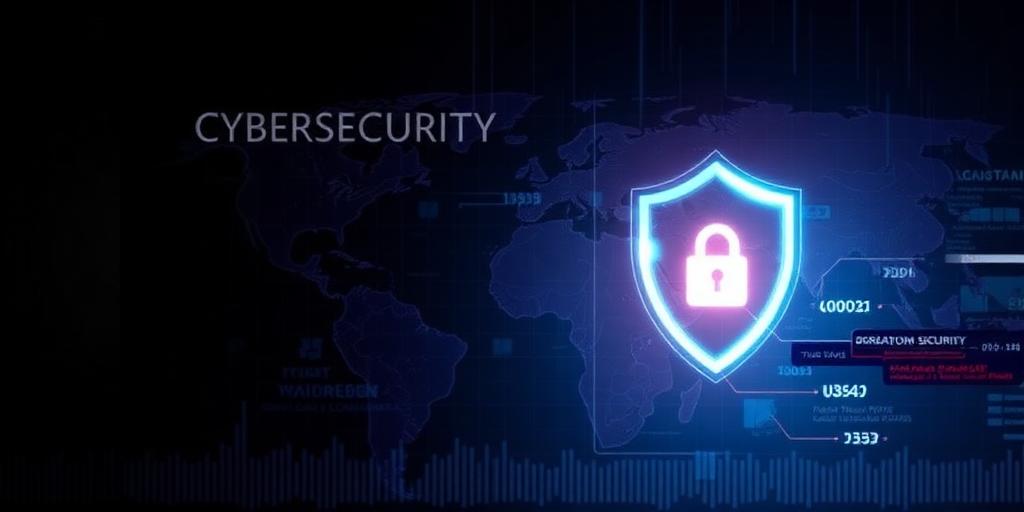Addressing Cybersecurity in National Security: A Comprehensive Overview
In an era defined by digital interconnectedness, the intersection of cybersecurity and national security has never been more critical. Nations face an evolving landscape of threats, ranging from state-sponsored cyberattacks to criminal exploitation of vulnerabilities. Understanding the complexities and nuances of this domain is essential for policymakers, security professionals, and concerned citizens alike.
The Evolving Threat Landscape
The digital realm has become a battleground, with malicious actors constantly seeking to disrupt critical infrastructure, steal sensitive data, and undermine national interests. These threats can manifest in various forms:
- State-Sponsored Attacks: Nation-states possess the resources and capabilities to launch sophisticated cyber campaigns aimed at espionage, sabotage, or coercion.
- Cybercrime: Criminal organizations leverage malware, ransomware, and phishing scams to extort money and disrupt services.
- Terrorist Use of Cyberspace: Extremist groups exploit the internet for propaganda, recruitment, and operational planning.
- Insider Threats: Disgruntled or compromised employees can pose a significant risk to organizations.
Key Areas of Focus
Addressing cybersecurity within the context of national security requires a multifaceted approach that encompasses the following key areas:
- Critical Infrastructure Protection: Safeguarding essential services such as energy, transportation, and finance is paramount. Robust cybersecurity measures must be implemented to prevent disruptions that could have cascading effects on society.
- Intelligence and Counterintelligence: Intelligence agencies play a vital role in identifying and tracking cyber adversaries. Effective counterintelligence efforts are necessary to detect and neutralize threats before they can cause harm.
- International Cooperation: Cyber threats transcend national borders, necessitating collaboration among countries. Sharing information, coordinating responses, and establishing norms of behavior are essential for maintaining stability in cyberspace.
- Public-Private Partnerships: The private sector owns and operates much of the critical infrastructure that nations rely upon. Collaboration between government and industry is crucial for sharing threat intelligence, developing security standards, and responding to incidents.
- Cybersecurity Workforce Development: A shortage of skilled cybersecurity professionals poses a significant challenge. Investing in education, training, and professional development is essential for building a workforce capable of defending against cyber threats.
Policy and Legal Considerations
Navigating the legal and policy landscape is crucial for effective cybersecurity governance. Key considerations include:
- Data Privacy: Balancing national security interests with individual privacy rights is a complex challenge. Clear legal frameworks are needed to govern the collection, use, and sharing of data.
- Cybercrime Legislation: Robust laws are necessary to deter and punish cybercriminals. International cooperation is essential for extraditing offenders and prosecuting cross-border cybercrimes.
- Cyber Warfare Rules: As cyberspace becomes an arena for conflict, it is important to develop rules of engagement that govern the use of cyber weapons. These rules should be consistent with international law and principles of proportionality and necessity.
The Path Forward
Addressing cybersecurity in national security is an ongoing process that requires continuous adaptation and innovation. By prioritizing critical infrastructure protection, fostering international cooperation, and investing in cybersecurity workforce development, nations can enhance their resilience to cyber threats and safeguard their national interests.
In conclusion, the convergence of cybersecurity and national security presents both challenges and opportunities. By embracing a proactive and collaborative approach, nations can navigate the complexities of the digital age and build a more secure and prosperous future.









